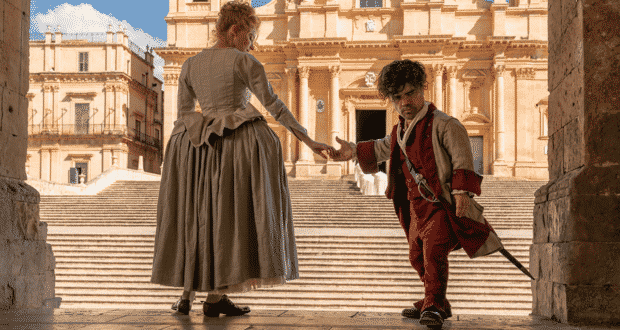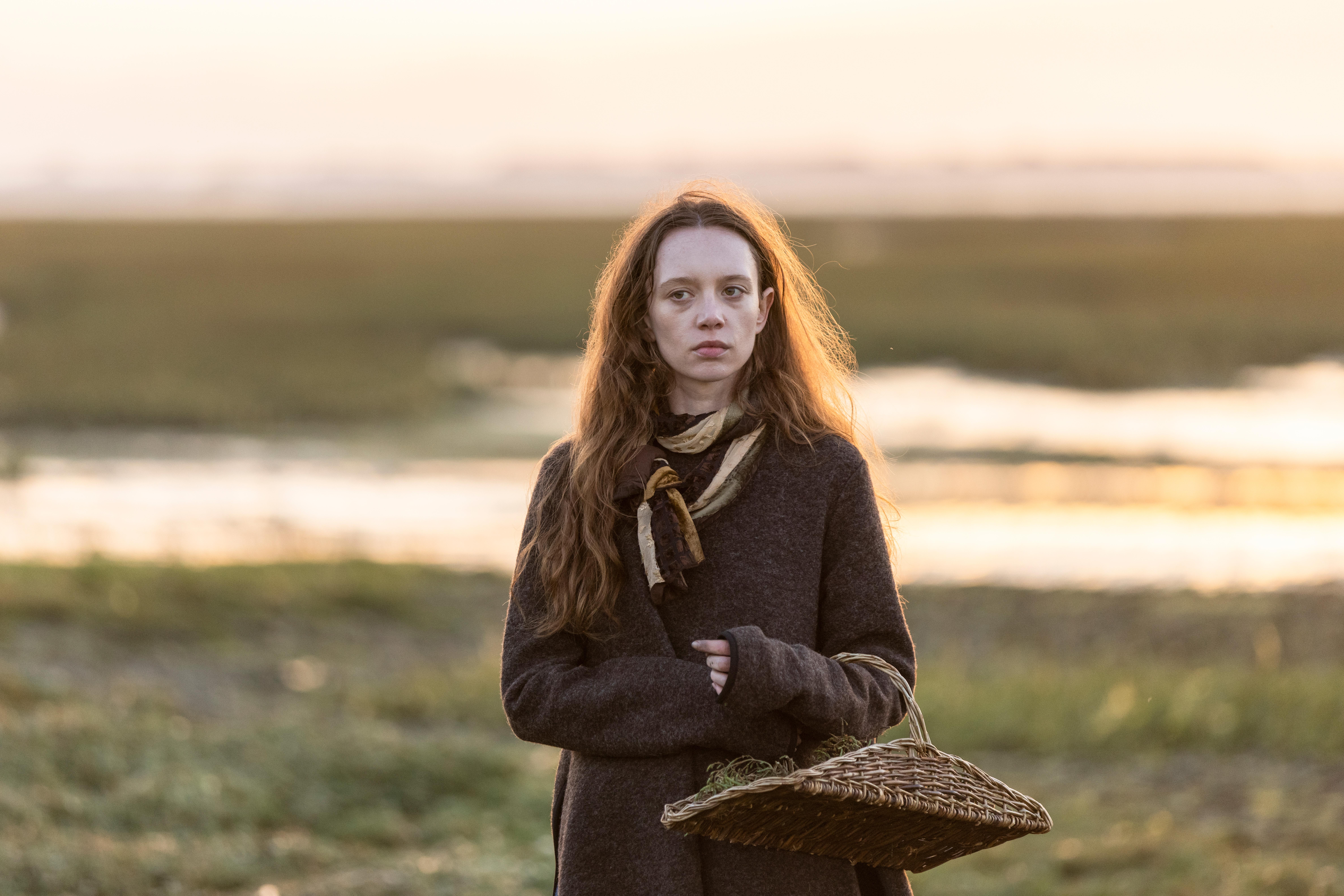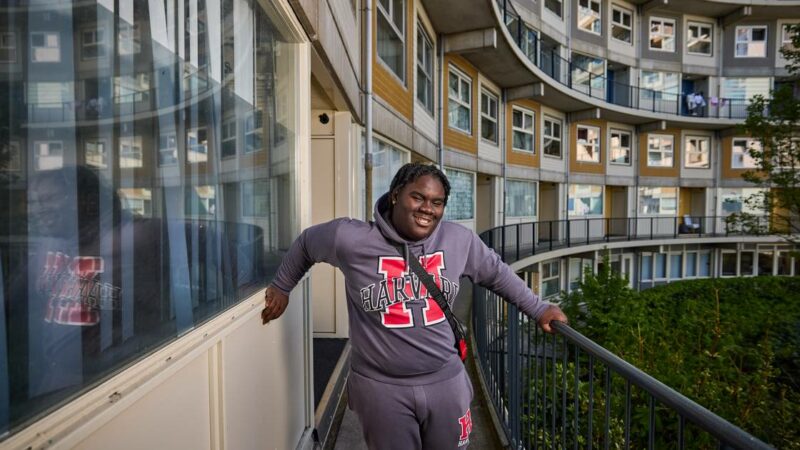Deep beneath the Ham Yard Hotel, Cyrano de Bergerac is brought once again vividly onto the silver screen. Sadly, this beloved farce has an identity crisis in the chrysalis and comes out bewildered.
The plot follows Cyrano in a rather blunt love triangle. In the original, his feelings about his big nose stop him from following his heart. Dinklage is an inspired choice to play the hero, coping with the poetic, and sung sections within this version energetically. The play brought the word ‘panache’ to the English vocabulary and Dinklage has it in spades. Reworking the emotional impediment from a comedically large nose to the issue of height is a clever twist but feeds into a larger problem.
Haley Bennett as Roxanne, the love interest in the triangle, is a gifted singer, breezing through the film as the perfect intellectual heroine, in love with Cyrano’s poetic letters. Kelvin Harrison Jr as Christian is our good-looking but verbose second wheel; again a nice presence with a smooth singing voice. These are our three: the rest of the film is largely superfluous around their all-consuming love, although Ben Mendelsohn as the Duke de Guiche deserves a mention as the cloaked baddie, and Monica Dolan as the snippy nurse, Marie.
Joe Wright’s directing is visually very impressive. Costume designers Massimo Cantini Parrini and Jacqueline Durran have rightly been nodded at receiving an Oscar for some stunningly dramatic turns on the 17th-century silhouettes. As if Vivienne Westwood and Les Miserables had a baby, the grotesque white faces and excessive accessories of the Baroque period balloon into outlandish shapes within their clear vision.
So what are the issues? By far the weakest part is the music; Aaron and Bryce Dessner‘s songs and Matt Berninger and Carin Besser’s lyrics, which permeate throughout. Badly written and jarringly modern, they explode into the somewhat period and at times rhyming script like a drunk uncle at family Christmas. With a play precisely about wit and its power to disarm any added music must be appropriately well written.
The last and deeper issue is the ever-gnawing question of ‘why?’. Throughout, the farcical elements peek out beneath the intense direction and ponderous performances but they are smothered by the attempt to draw us into an emotional well. Dinklage is a wonderful twist on the classic, but this remakes the story into a question of the persecution of the outsider, not the vanity of a poet. Can a farce ever be moulded into a drama? And why would you want to?
Despite some stunning scenes, moments of comedy and some knock-out performances the film flounders in what it is trying to say, and where it puts itself: comedy? tragedy? musical? farce? Amid all these questions its relevance to our modern world is hard to see through the cloud of contradictions kicked up by its manic but very pretty minuet.



